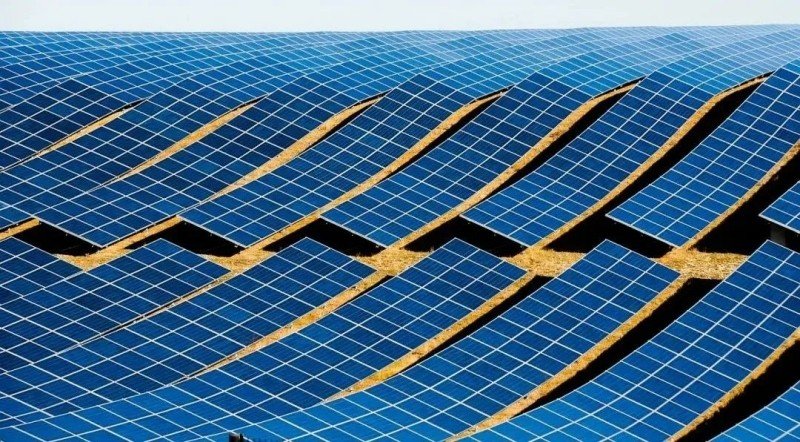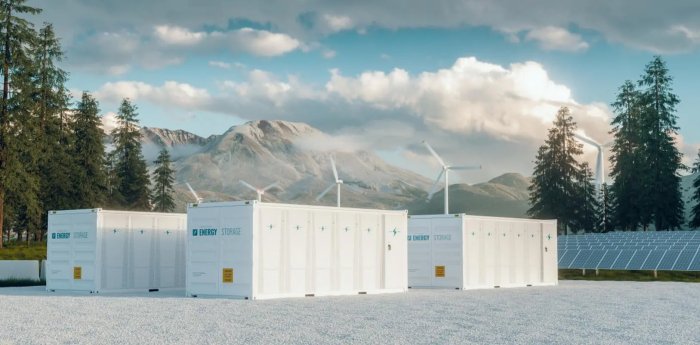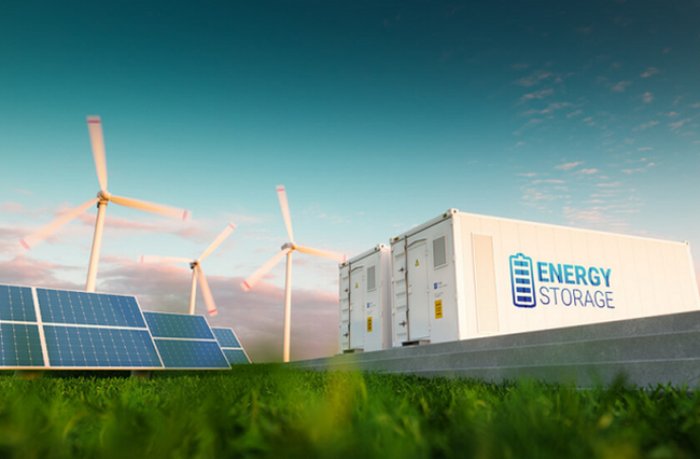
Marom Energy, an Israeli company, recently announced plans to build a large ground-mounted solar power station in the Negev Desert in southern Israel. The planned area for the project is 150 acres, and once completed, it will become Israel's largest solar power station, providing electricity to around 250,000 Bedouin people in the region.
Since Israel set its transformation goal of having 30% to 40% of its electricity come from renewable energy sources by 2030, solar power has been considered the ultimate answer for the country's future energy development. The Israeli government has implemented financial subsidies and net metering pricing policies to promote the development of the solar industry. However, this has also raised concerns about Israel's energy transition, as the growth in solar installations still heavily depends on subsidies.
Market demand still needs policy support
Amir Alshekh, Deputy CEO of Marom Energy, emphasized that energy transformation is not only crucial for the nation's future but also for every electricity user. With continuously rising electricity prices, installing solar power facilities has become an important way for Israeli residents to save on their electricity expenses. Under the strong support of the Israeli government for distributed solar power development, energy companies typically choose to lease rooftop space on local residential buildings for solar projects. Residents benefit not only from generating solar power but also from rental income generated by these installations.
The Israeli government also aims to enhance environmental protection through renewable energy development. As wind energy resources are not abundant in Israel, the Ministry of Energy has introduced a series of policies to encourage the installation of solar panels on residential buildings. Optimizing the use of potential land resources, such as utilizing unused rooftop space, and increasing policy support are key focuses of the Israeli government's efforts to promote the solar industry.
At the same time, the Israeli government continues to drive public demand for solar power through policies. According to PV Magazine, despite many countries phasing out solar subsidies, Israel still provides subsidies for solar power stations. Looking at the current development situation, policy incentives have indeed supported the growth of Israel's solar installation capacity. In 2022, Israel installed a total of 4,500 distributed solar systems, an 18% increase compared to the previous year. With the increasing duration of solar subsidies, Israel's financial investments in the sector continue to rise. Nevertheless, Israel's demand for new solar installations remains sluggish.
Policy fluctuations make subsidy reduction difficult
According to The Jerusalem Post, policy incentives have always been the way Israel promotes the use of solar energy. Since the 1980s, the Israeli government has enforced the use of solar water heaters, leading to their widespread adoption in the country. In 2008, Israel officially launched solar subsidies. Up to the present day, subsidies remain the primary force driving new solar installations in Israel. In fact, the Israeli government attempted to reduce subsidies and introduced net metering pricing plans as a replacement between 2013 and 2018, but the results were unsatisfactory.
Neil Zohar, Sales Director of Israeli solar component company RST Clean Technologies, stated, "Net metering policies are suitable for high-energy-consuming enterprises, and the higher the energy consumption, the greater the benefit to users, and the stronger the willingness to install solar power facilities. For ordinary users, subsidy policies are more popular."
Under the current policy, Israel's solar subsidies have a duration of 25 years, and systems below 100 kW receive a subsidy of €0.12 per kWh. Even so, Israel's solar development still faces significant challenges, as only a minority of households choose to install solar power facilities.
To date, only about 10% of Israel's energy supply comes from renewable sources, with 3% to 4% from solar energy. To achieve its goals of having more than 20% of electricity come from renewable sources by 2025 and over 30% by 2030, Israel has a long way to go.
Energy storage could be a lifesaver for the transition
Dorit Gritz, Head of the Renewable Energy Department at the Ramat Negev Desert Agricultural Research Center, believes that the current weak demand for solar installations in Israel is mainly due to unresolved issues related to the variability and unpredictability of renewable energy electricity. She stated, "Solar power is generated during the day, and there's no power at night. Current solar systems do not include energy storage, which means that when there's no sunlight to generate power, users have to pay higher nighttime electricity prices. Unless this problem is addressed, solar power cannot capture a larger share of Israel's energy market."

Tal Mond, CEO of Israeli energy storage company BLEnergy, also believes that the only way for Israel to achieve its energy transition is through widespread deployment of energy storage systems. He suggests that Israel needs to install energy storage systems with a capacity of 10 million kWh to achieve its current goals.
Recently, Israel launched a tender for integrated solar and energy storage projects, with companies like BLEnergy participating. However, Mond believes that this is only the first step in industry development. "The key is how to ensure the efficient operation of solar and storage systems and their deep involvement in the electricity market. This requires the establishment of business models and the expansion of the ancillary services market for the grid."
In summary, while Israel is making strides in adopting solar energy and has set ambitious renewable energy goals, the sector still heavily relies on subsidies, and challenges related to energy storage and grid integration need to be addressed to realize a successful energy transition.

As Israel continues to navigate its journey towards a sustainable energy future, it's essential to acknowledge the pivotal role played by innovative companies like OWELL Industries. OWELL has emerged as a driving force actively participating in Israel's energy transition, making significant contributions to the research and design of cutting-edge wind and solar power systems.
With a strong commitment to sustainable energy solutions, OWELL Industries has been at the forefront of developing groundbreaking technologies that harness the power of nature to meet Israel's growing energy demands. Their dedication to advancing the field of renewable energy is evident through their extensive work in wind and solar power systems.
As we look ahead to a cleaner and greener Israel, OWELL Industries continues to be a beacon of hope, leading the charge towards a sustainable energy future. Their dedication to research, design, and innovation is a testament to their commitment to a more sustainable world for all of us.

Quick Link:
5kW vertical axis wind turbine
10kW horizontal axis wind turbine
High Efficient Monocrystalline 50-500W Solar Panels
high efficient Polysilicon solar panels 50-500W solar panels